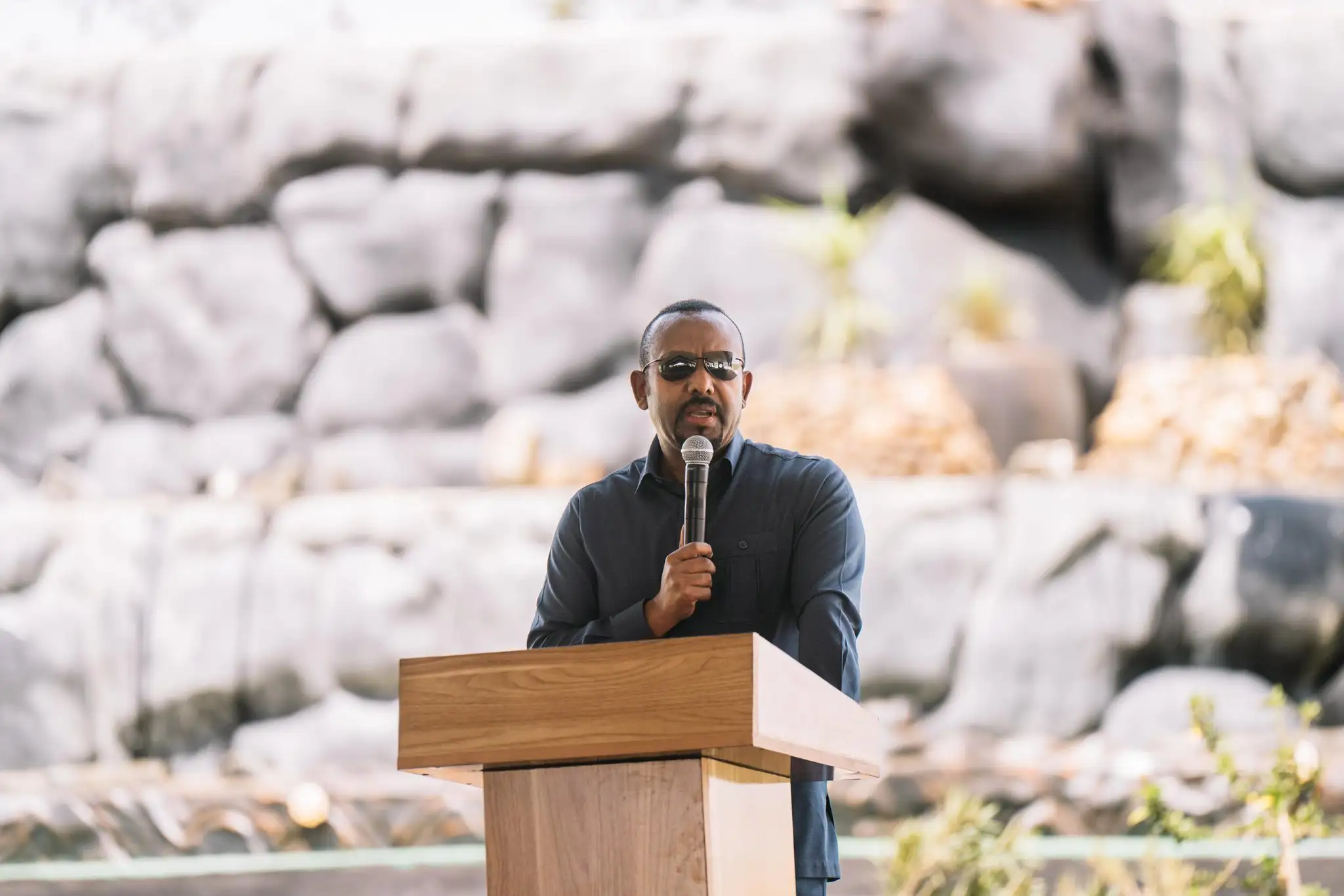Prime Minister Abiy Ahmed (PhD) is staking his government's legacy on a single, ambitious mission: to hand over Ethiopia's future to all its people. This core principle is the central theme of his new book, "The Medemer State."
PM Abiy outlines the historical obstacles that have held the nation back, identifying three key barriers: physical, institutional, and cultural. He argues that the country's historical isolation created a physical barrier, preventing Ethiopia from engaging with the rest of the world and limiting both national wealth and intellectual growth. He links this to a focus on internal conflict rather than external engagement. The second obstacle, an institutional barrier, stemmed from the nation’s feudal past, which he says fostered a culture of seizing power by force and caused the country to fall behind in the industrial sector. He praises significant improvements in institutional access and staffing over the last decade but notes these deep-seated issues remain. Finally, the Prime Minister points to a cultural barrier—a deep-seated resistance to change and new ideas that has kept Ethiopia from testing its ideas on a global stage. "Sleeping on our potential for so long caused us to be far behind the rest of the world once we finally began to awaken," he states.
The Prime Minister contrasts this historical context with the Medemer approach, which he says is a deliberate break from past political systems that divided parties into "main" and "partner." Under the Medemer framework, he explains, everyone is an equal beneficiary of the nation's resources and shares a right to prosper. He also stresses the importance of a healthy relationship between the government and its citizens. He cautions that a disconnect can arise when citizens demand absolute rights while the government insists on absolute obligations. The Medemer state, he concludes, aims to strike a balance, respecting citizens' rights while guiding them to operate within a framework of law and order.




